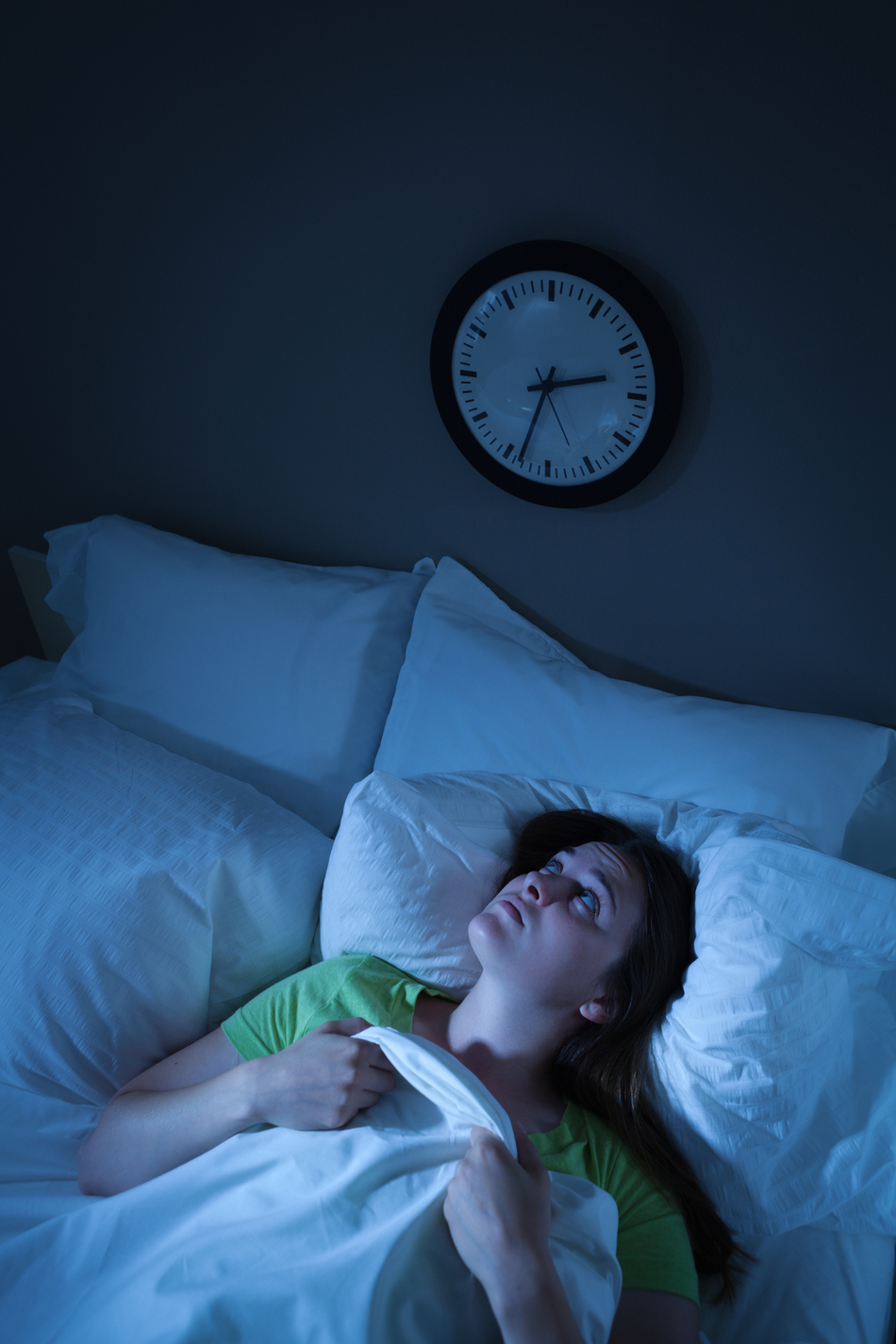
Episode Transcript
Announcer: Need reliable health and wellness information? Don't listen to the guy in the cube next to you. Get it from a trusted source, straight from the doctor's mouth. Here's this week's listener question, on The Scope.
Interviewer: Today's patient question is about sleep. This particular individual's having a hard time falling asleep at night. So they'll go to bed, they lay down, but you know, they can't get to sleep. Dr. Tom Miller, what do you recommend to your patients in that situation?
Dr. Miller: Well, first thing I ask is, what's changed? Is there more stress in their life? Is there something going on at work? Is there a family problem? Is it related to depression, perhaps? I'll look at those issues.
The next thing is, are they following a sleep schedule? Are they getting to bed at the right time, same time? And are they getting up at the same time each day? Because of our busy lifestyle we're sometimes all over the place. Monday through Friday, we may have some variable times in which we go to bed because of when we're going to work and we have morning meetings. And then on the weekends maybe we stay up late and go out and then get up late.
These kinds of disruptions in sleep patterns make it difficult, even more difficult to get a normal night sleep. The first thing I'd say is let's try to get you back into a regimented sleep pattern, so that you go to bed at the same time each night. After that try to mitigate the stress. You know, what are you doing at work or what can you do with work or family that would help you. Sometimes this may result in counseling or maybe even in the most extreme case, a change in job, you know, so that they . . . if it's bad enough, that they can get sleep.
And then ultimately if folks are still having trouble falling asleep, a short course of medication designed to help people fall asleep can be helpful. But I don't like the idea of using those long term because they have some problems associated with them. So there are number of medications on the market as prescription medications that do help people fall asleep, and they're pretty effective in small doses, for, say, up to two weeks. The other thing that I will talk to folks about is alcohol. If they're using alcohol to get to sleep, that's not a good idea.
Interviewer: All right, so you're not a big fan of the medications generally because they can actually cause more problems down the road when you stop taking them. Is that correct?
Dr. Miller: I think the problem with meditation is we jump to that as a solution before we look at sort of lifestyle issues. Whether you're, you know, increasingly stressed at work, whether you have frustrations, whether there might be depression, those are the issues that I like to tackle first before moving on to medications. You can do them simultaneously, but not assessing the lifestyle aspect of insomnia would not be the right way to approach this problem.
Interviewer: So take a look at the lifestyle, try to get that consistent sleep pattern. If you go to your physician at that point, if those other things aren't working, they might put you on a short course of some sleeping medication. If you come off . . .
Dr. Miller: As you're working on your lifestyle changes.
Interviewer: Yeah, yeah.
Dr. Miller: Getting to bed at the same time, tackling those frustrations at work, trying to regiment your lifestyle in a way that allows you to reduce the amount of stress and frustration that you might have in your life.
Interviewer: Yeah, those are underlying causes.
Dr. Miller: Underlying causes.
Interviewer: And if they get to the point where they've tried those things and they feel that they've put in a good effort towards those things, still not working, where do you go from there?
Dr. Miller: We start looking at sleep patterns and thinking about things like obstructive sleep apnea. We think about depression. Has the physician done the right evaluation to sort out whether the person has anxiety state or is depressed? There are different treatments for those problems. So, as we go down, you say an algorithm for insomnia, we will get to those sorts of things where we are digging in a little deeper to try to find a solution and treatments.
Interviewer: So it sounds like the first step for a lot of people is something they can do on their own. It's just take a look at their life and see are there causes of stress and what can I do to perhaps reduce that, maybe finding professional help.
Dr. Miller: Yeah, the majority of folks with insomnia usually have this for a short period of time. It doesn't go on for a long periods of time. So, for instance, in grief response if someone in the family has died and you're not sleeping, you know, treating that short term likely will result in a return to normal sleep patterns, as would be the case with stress at work. These things usually disappear as soon as the stress is resolved.
Announcer: Have a question? Ask it. Send your listener question to hello@thescoperadio.com.